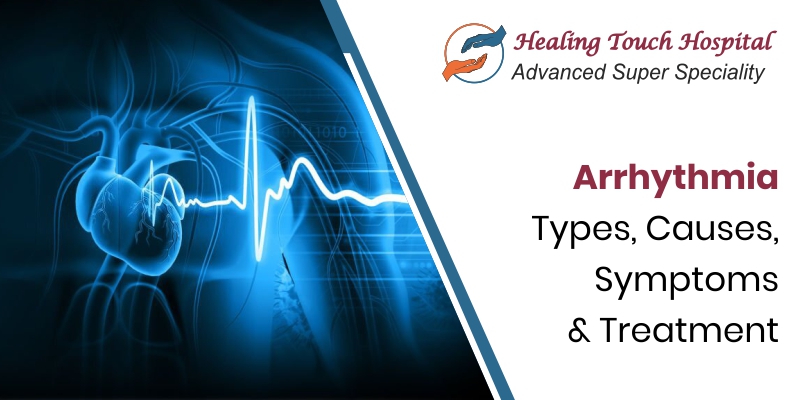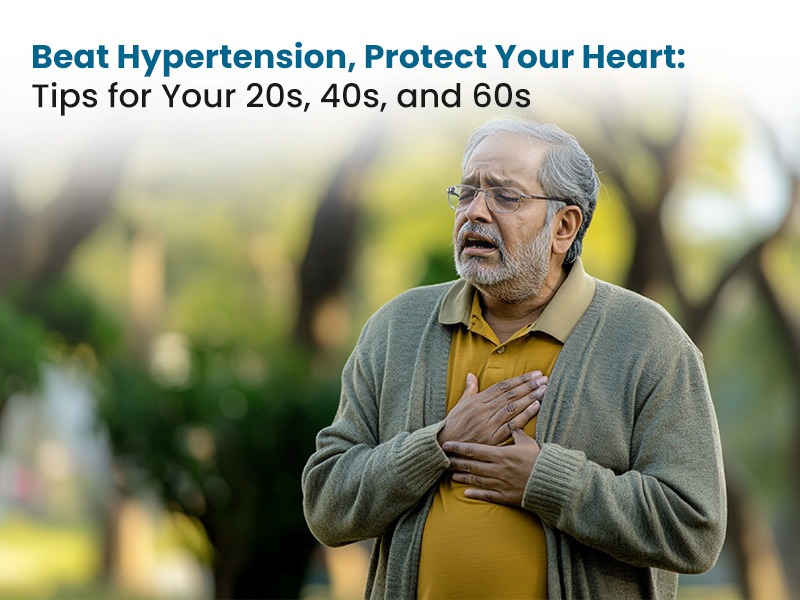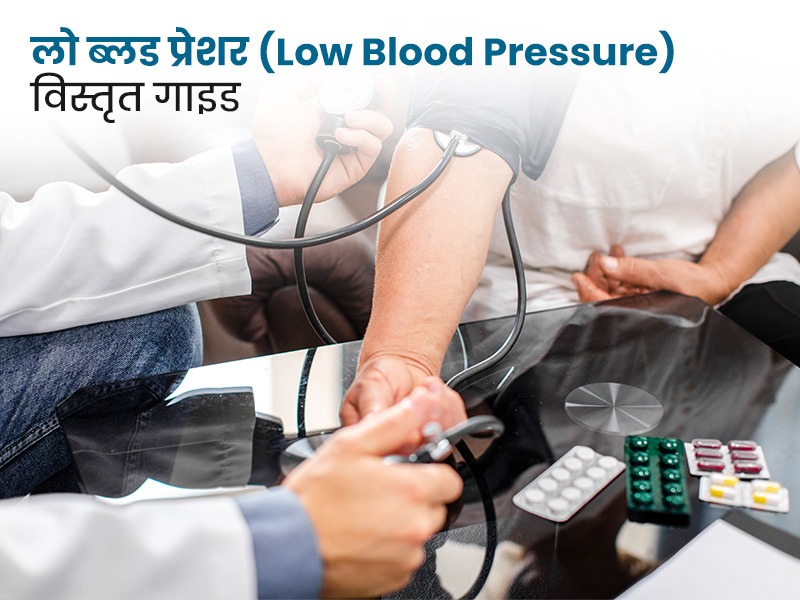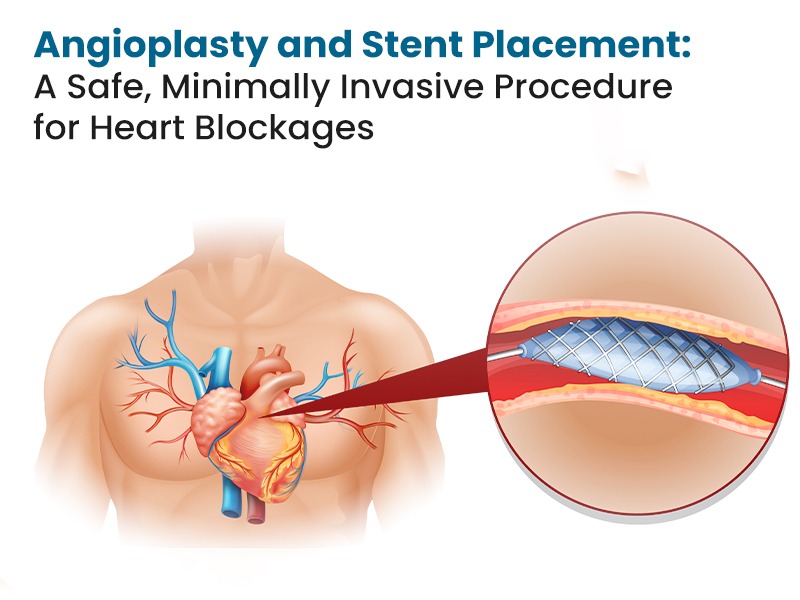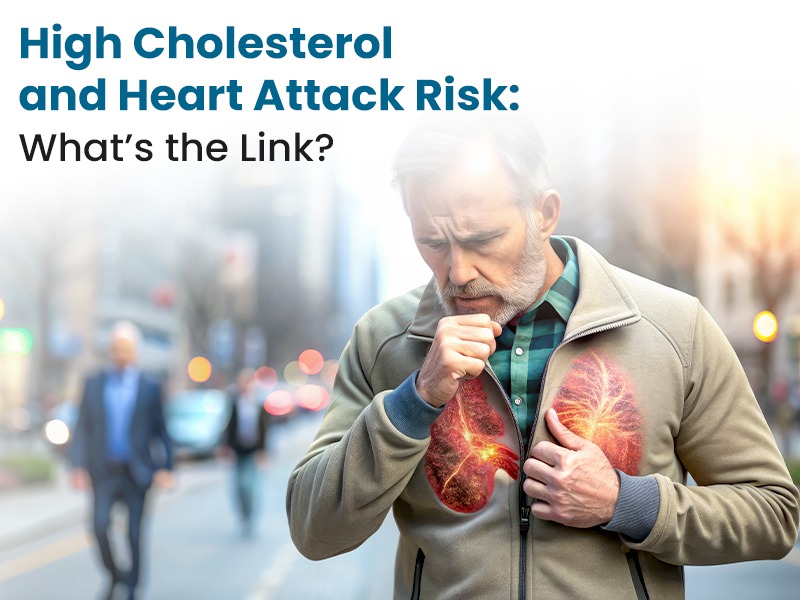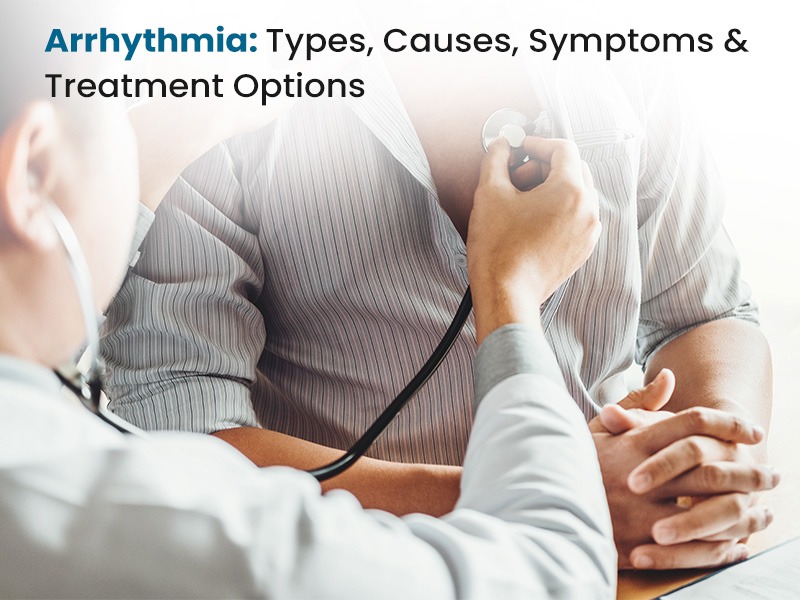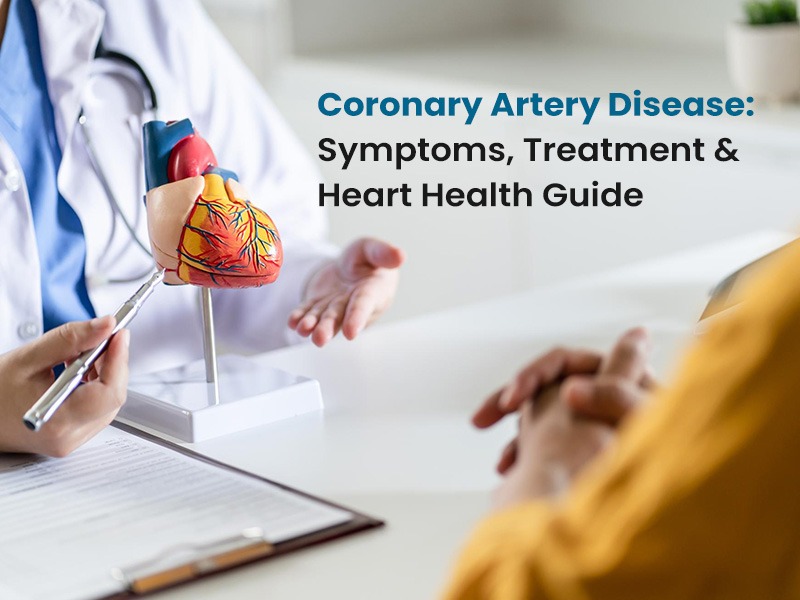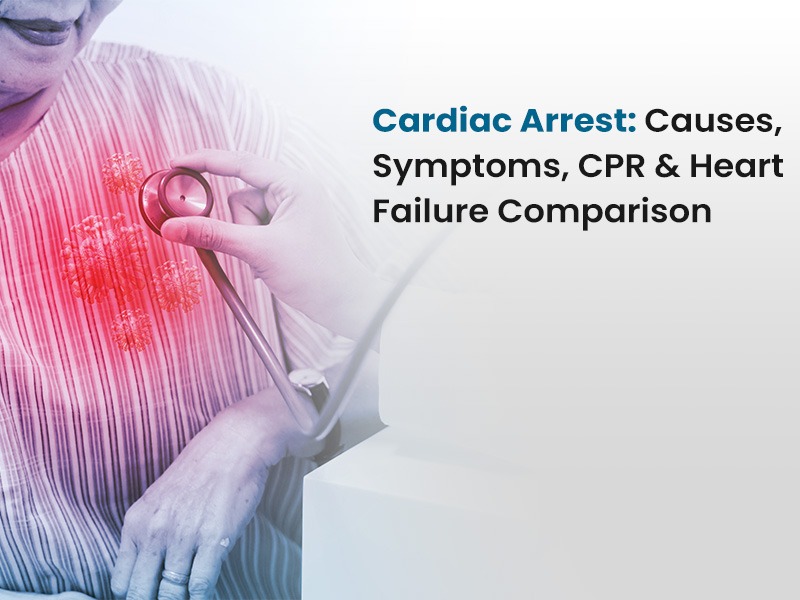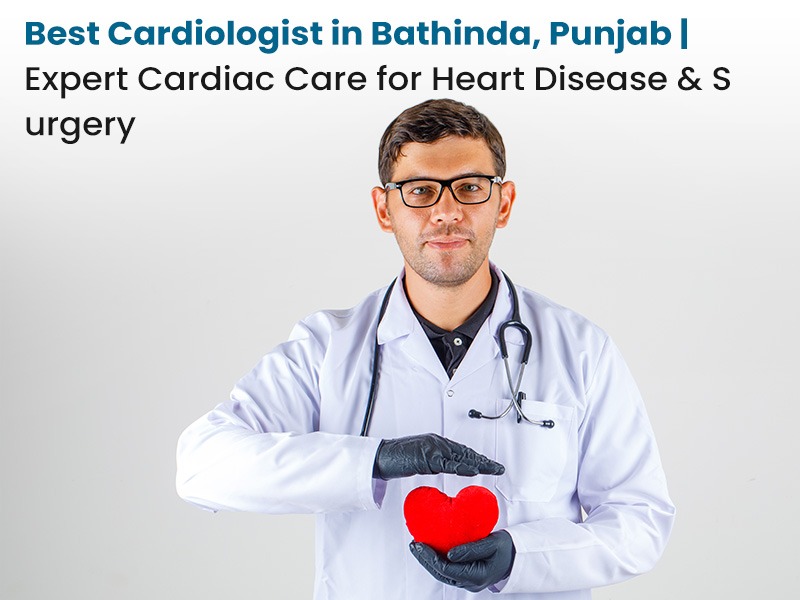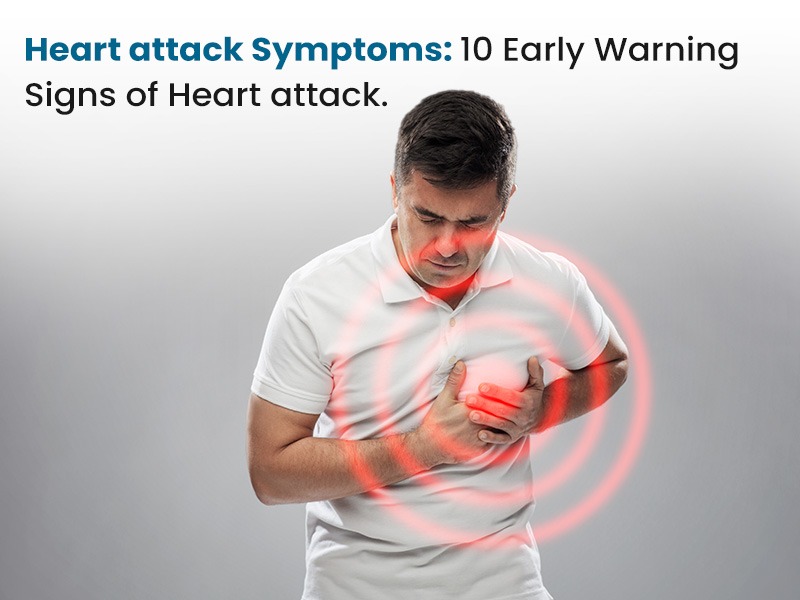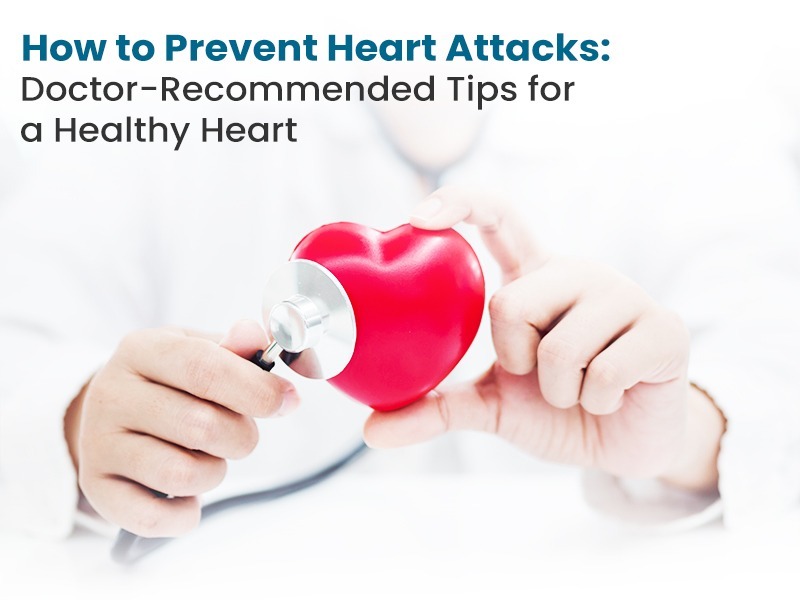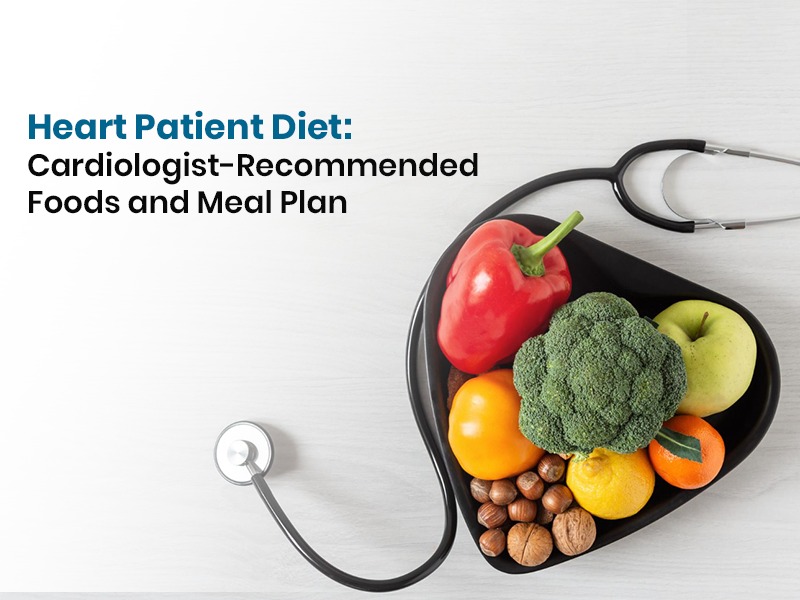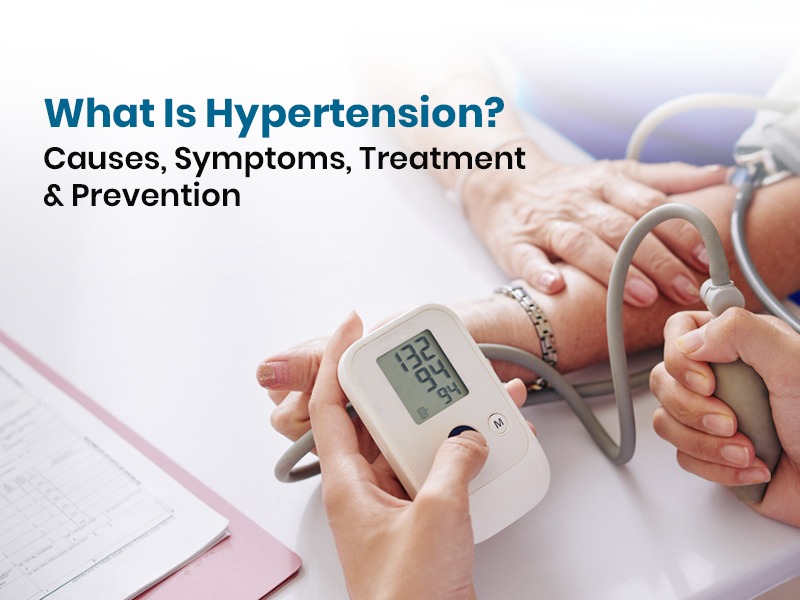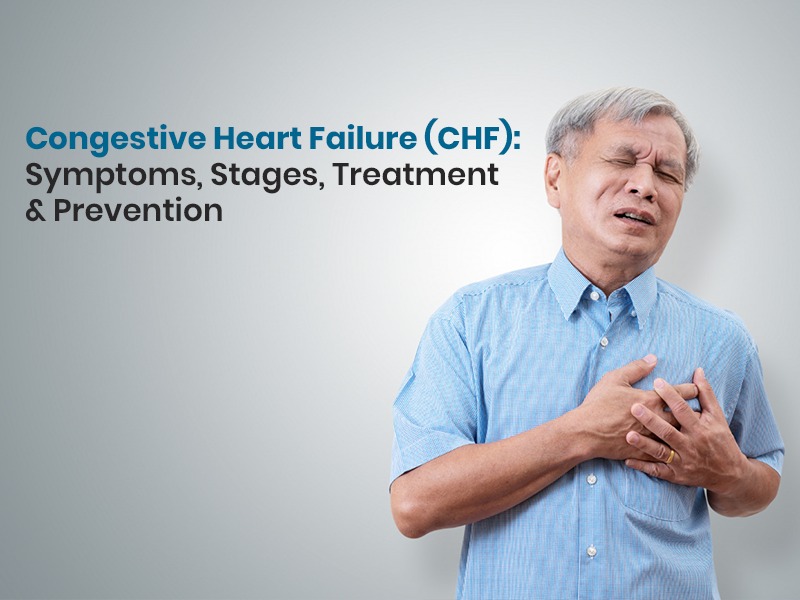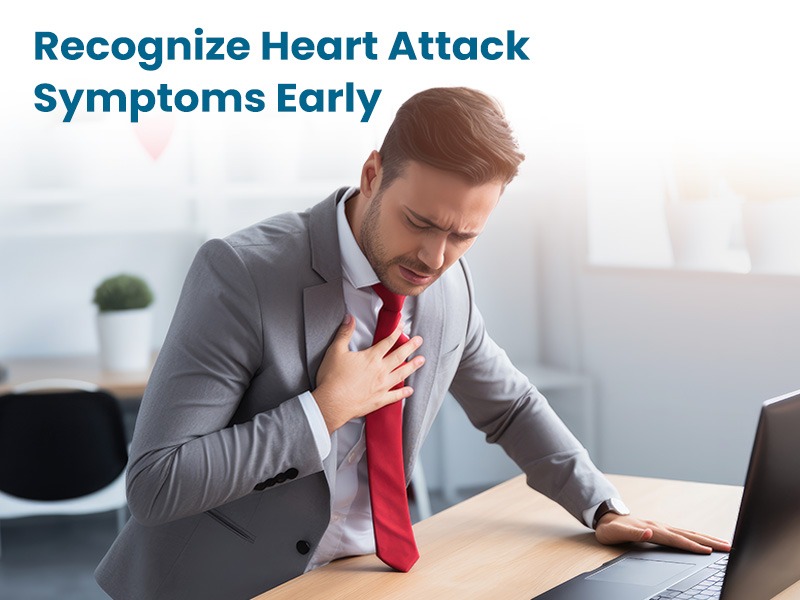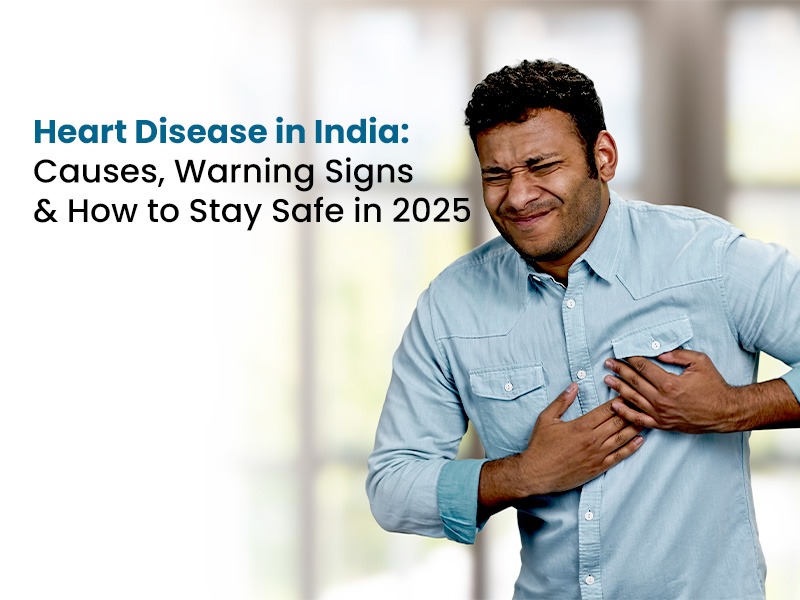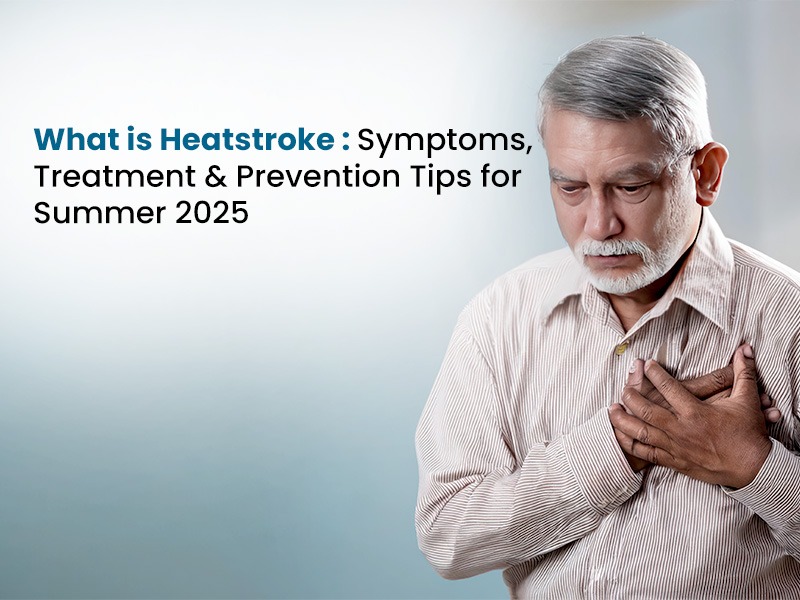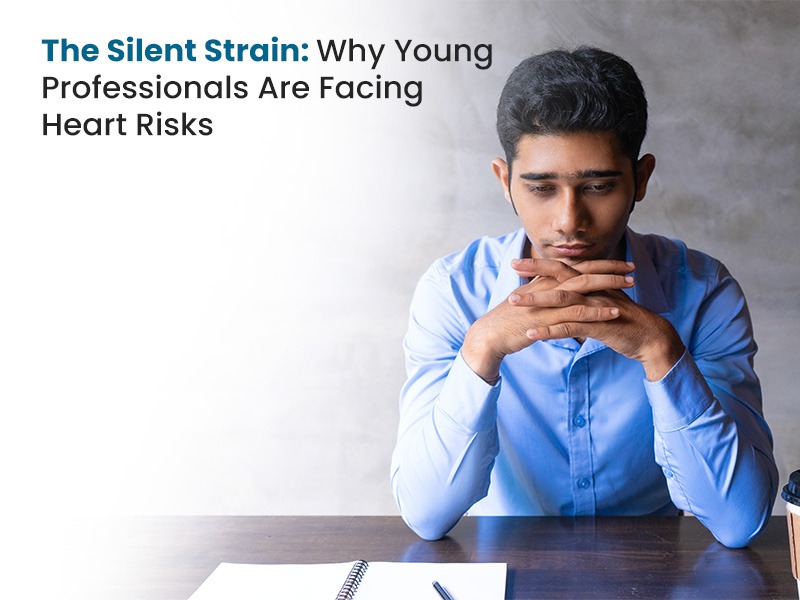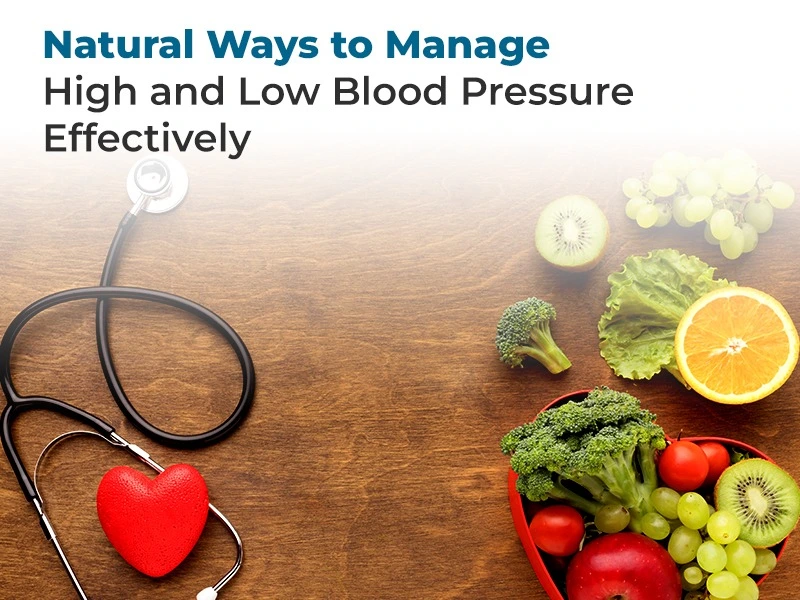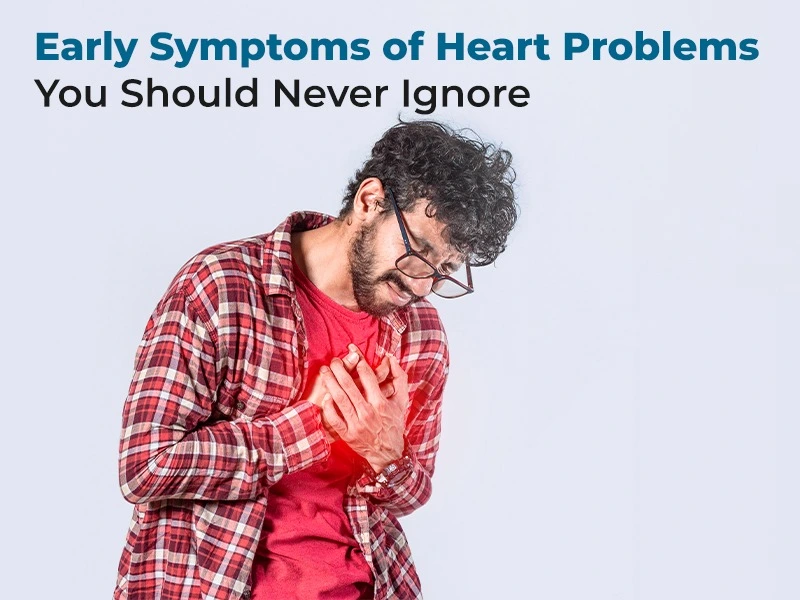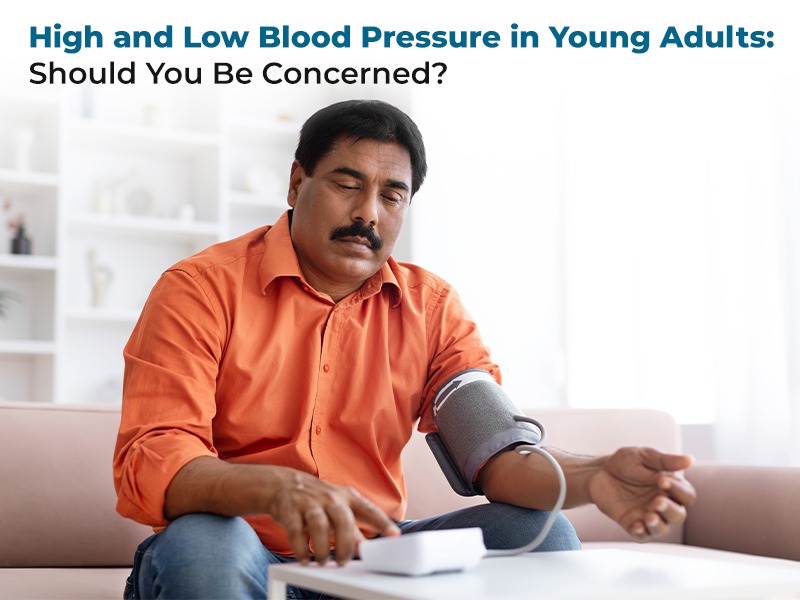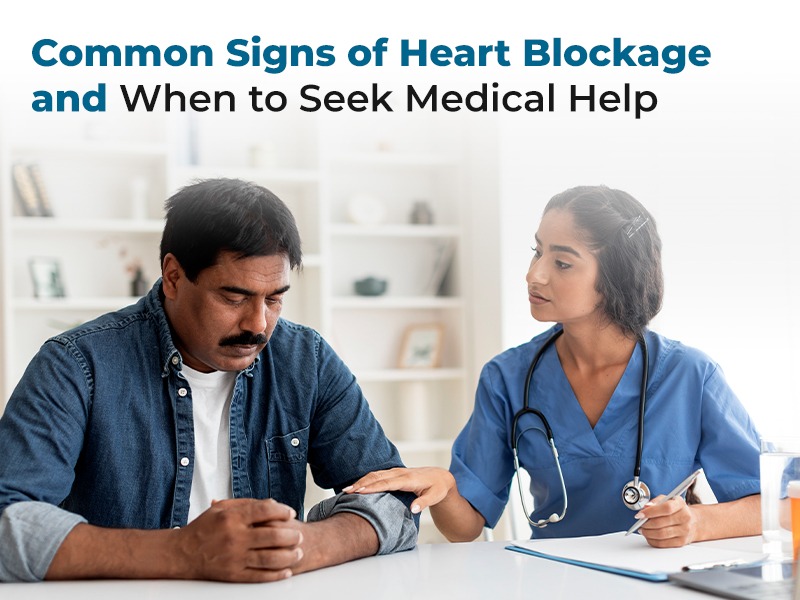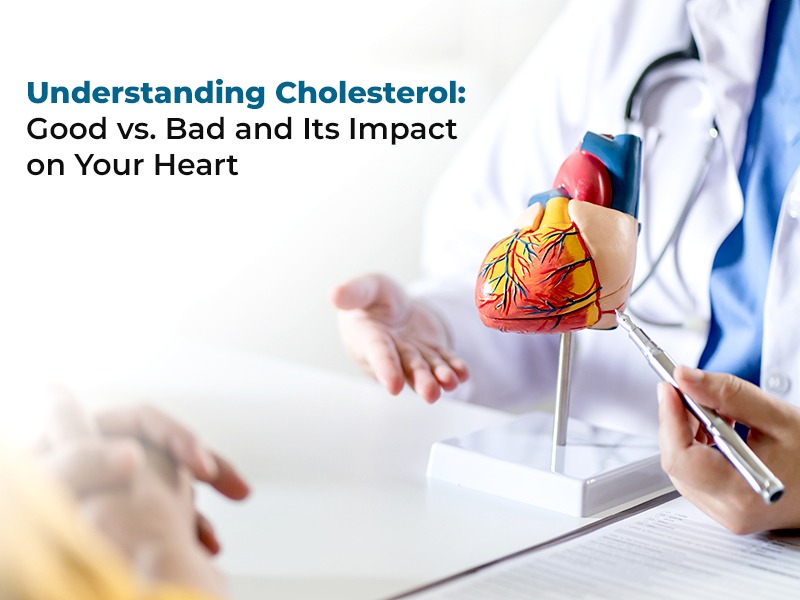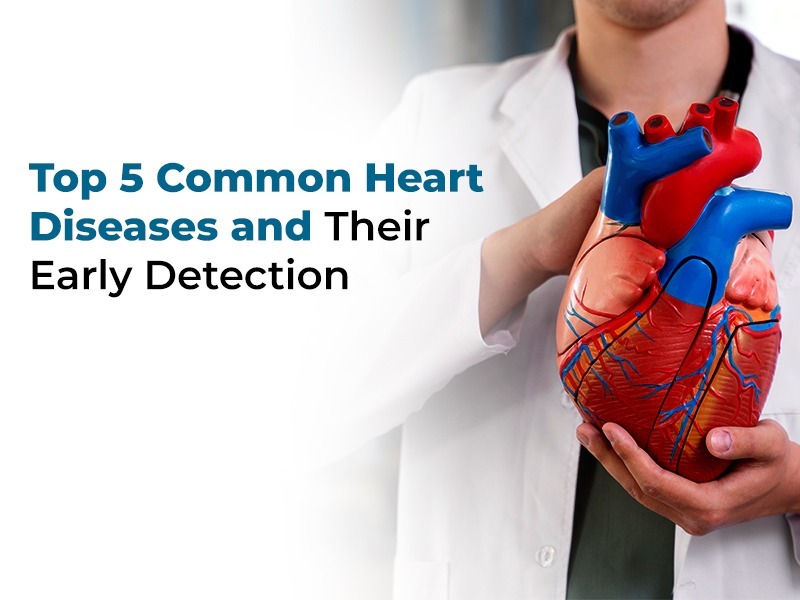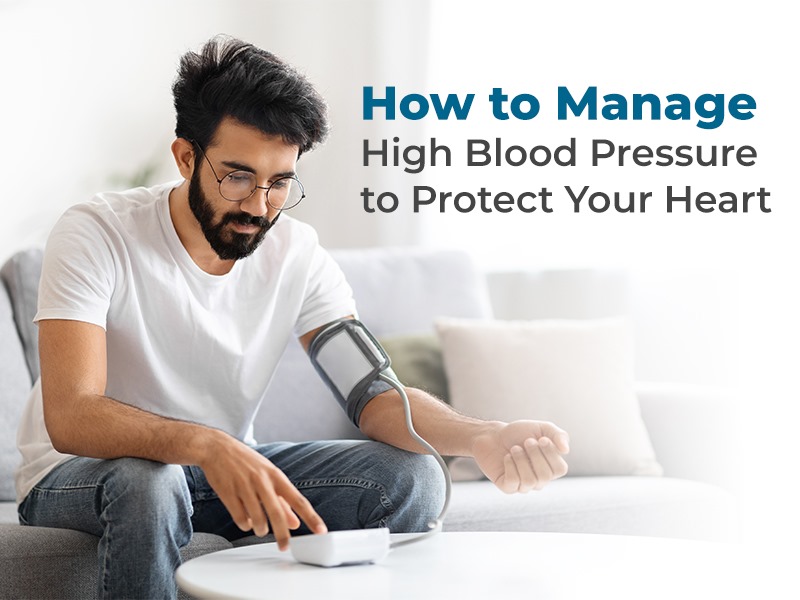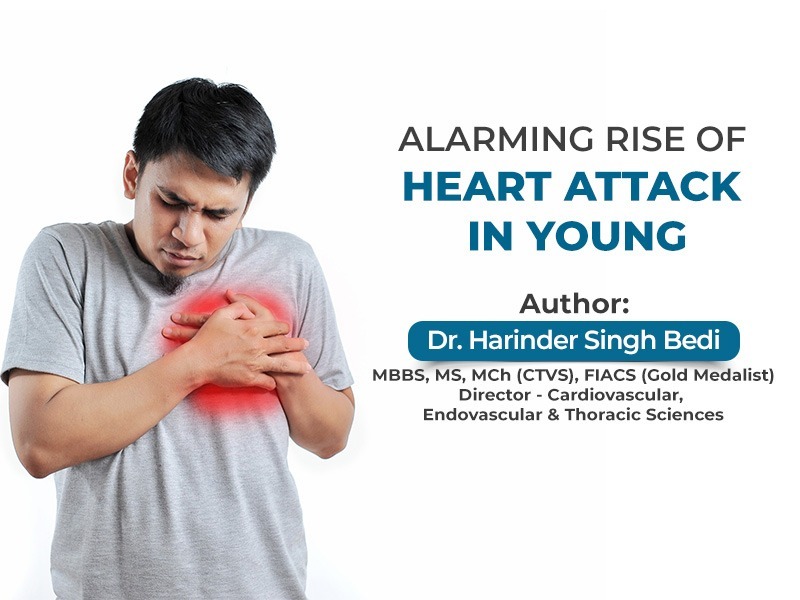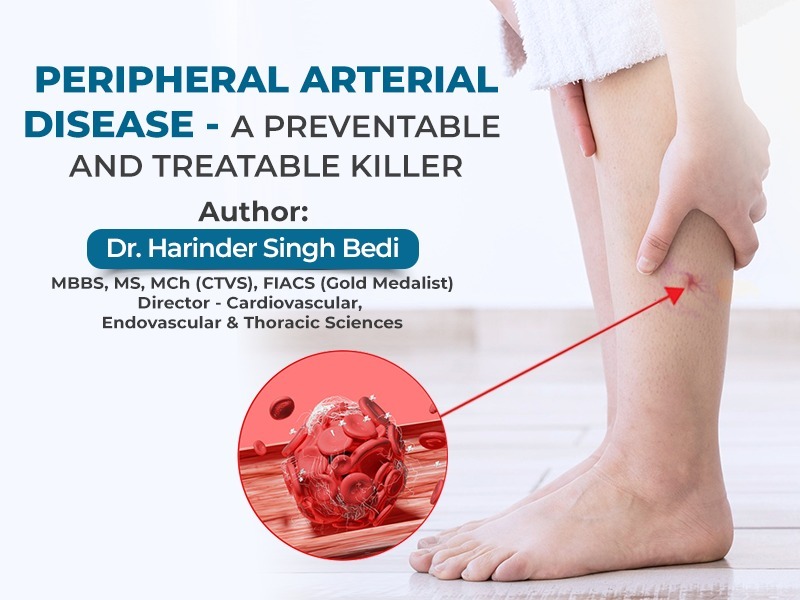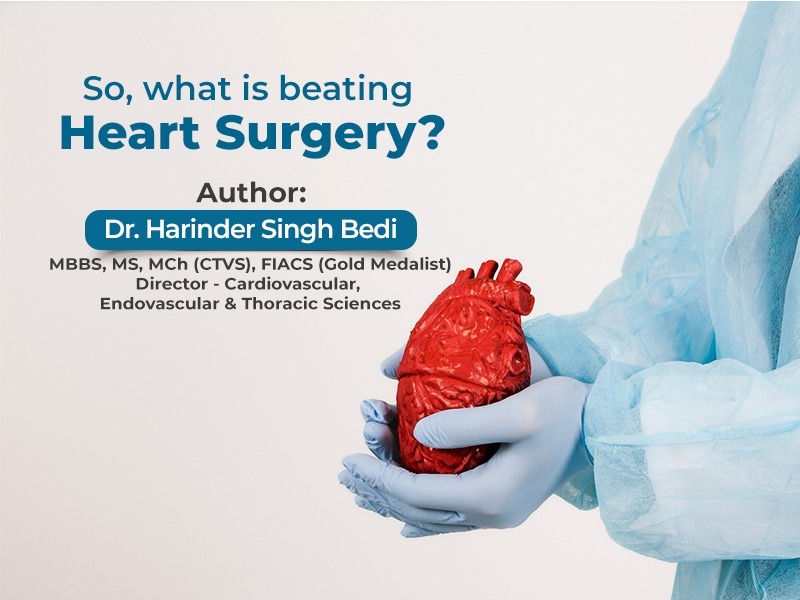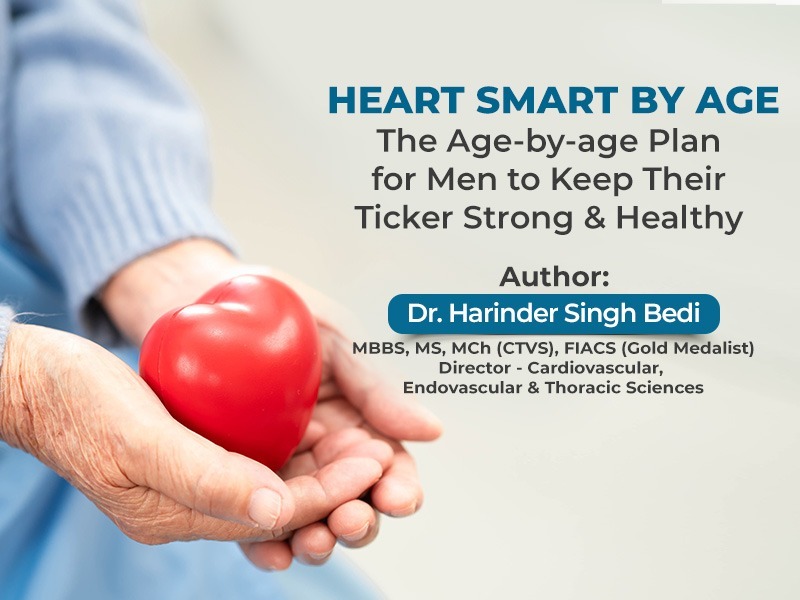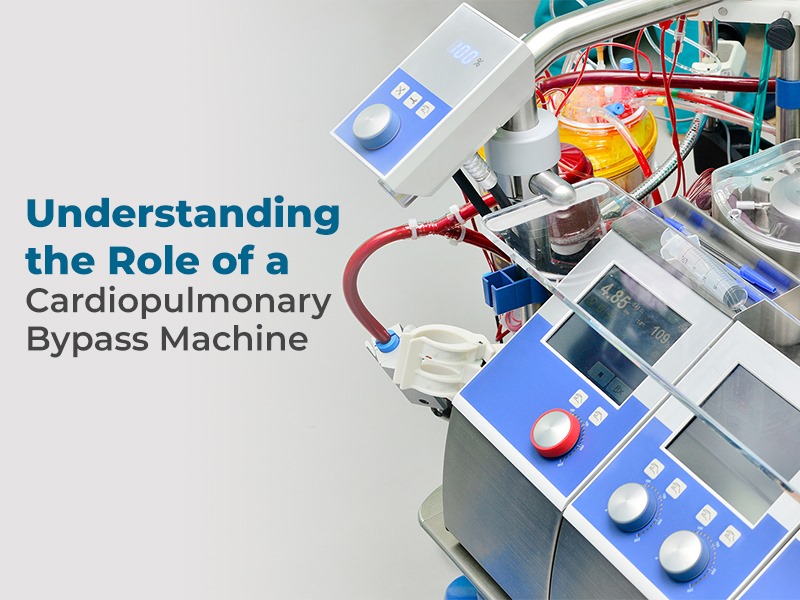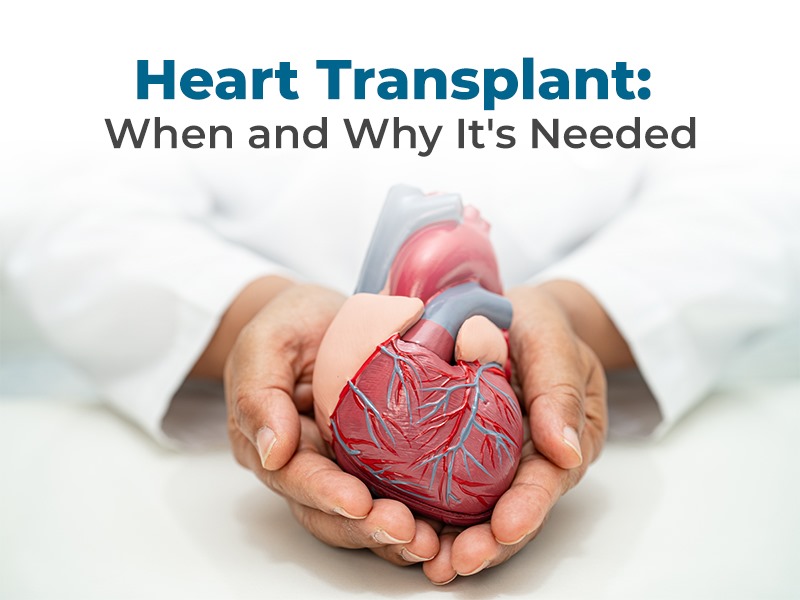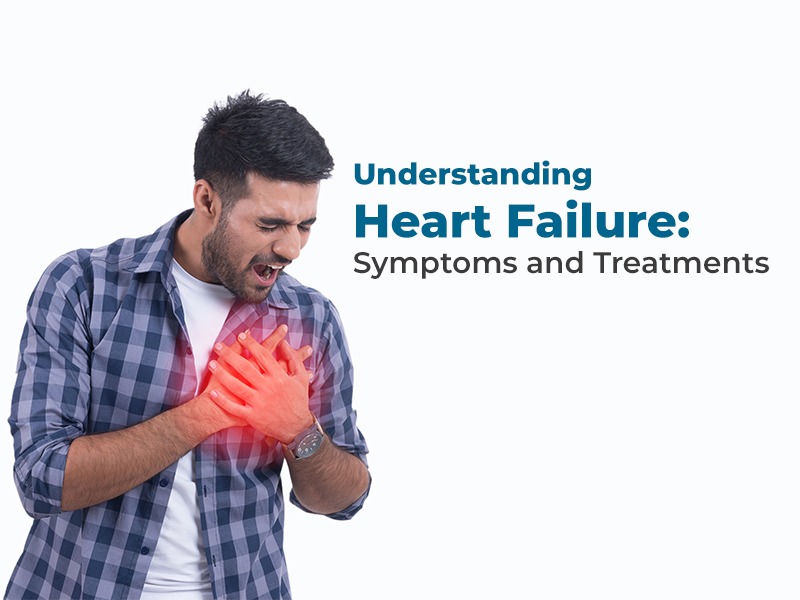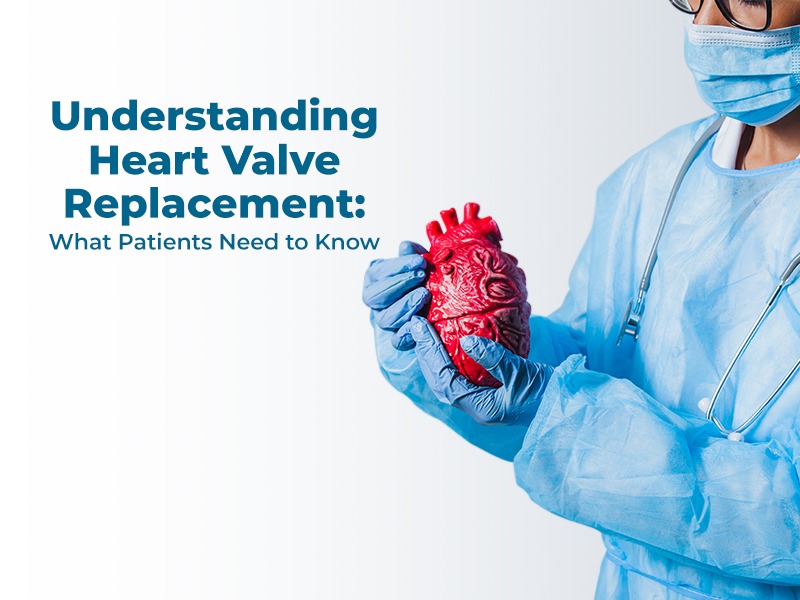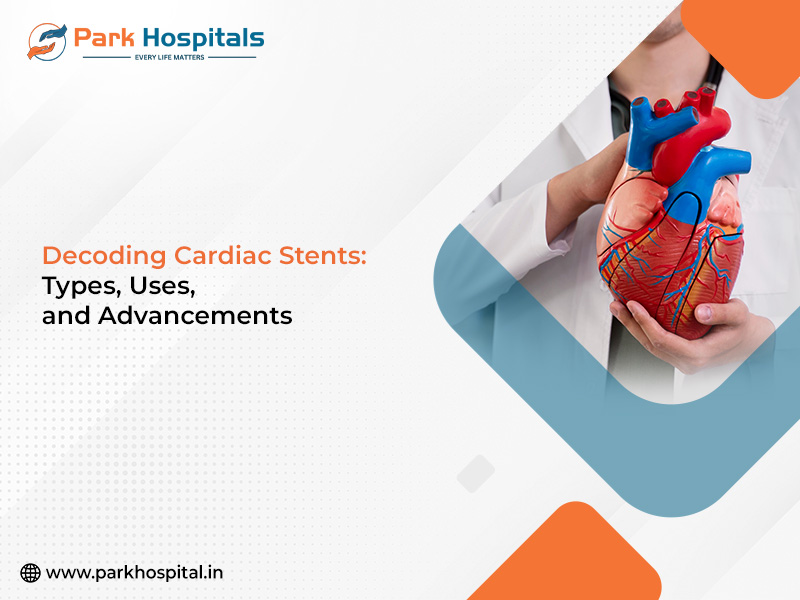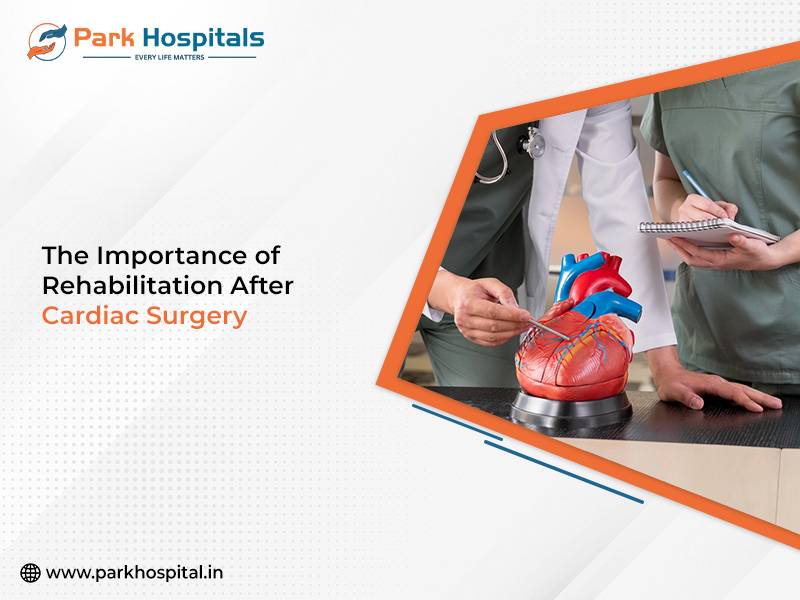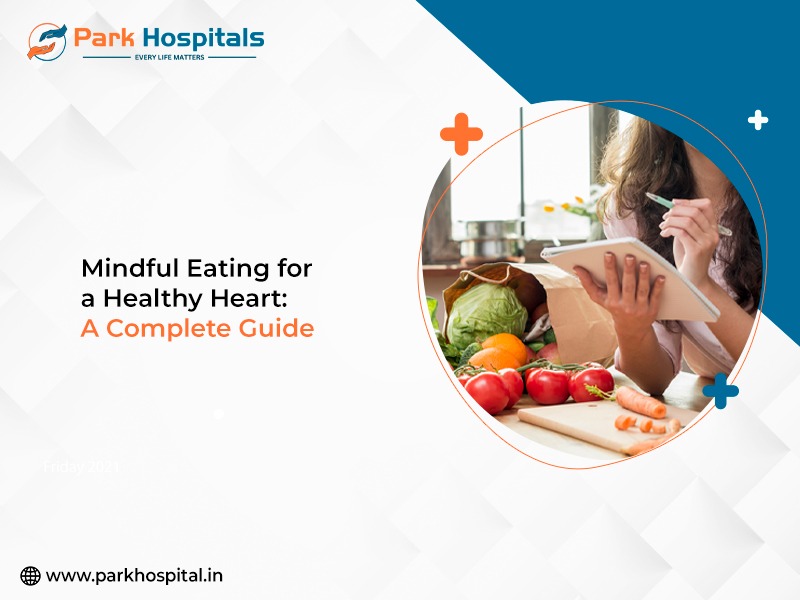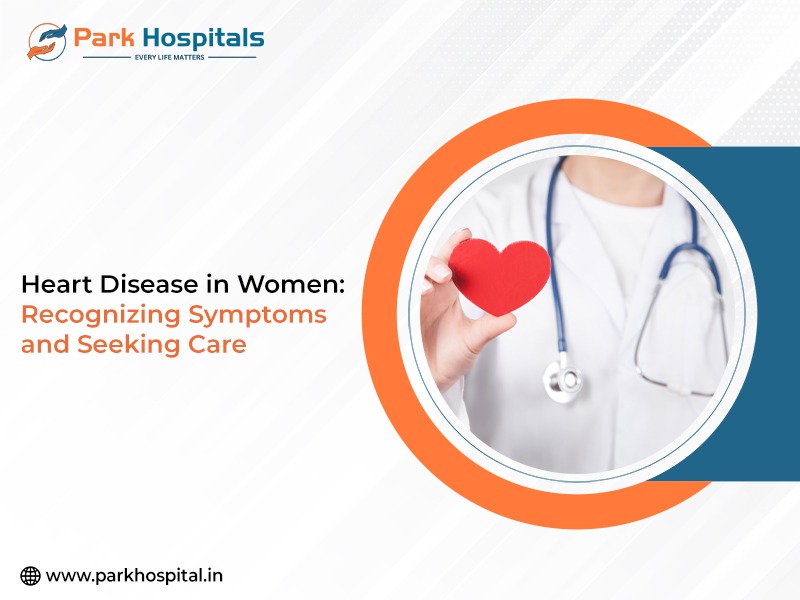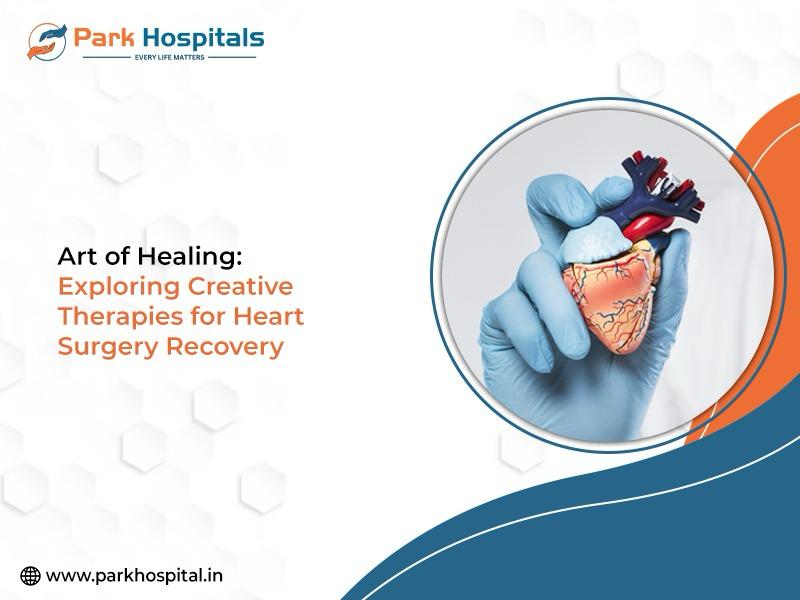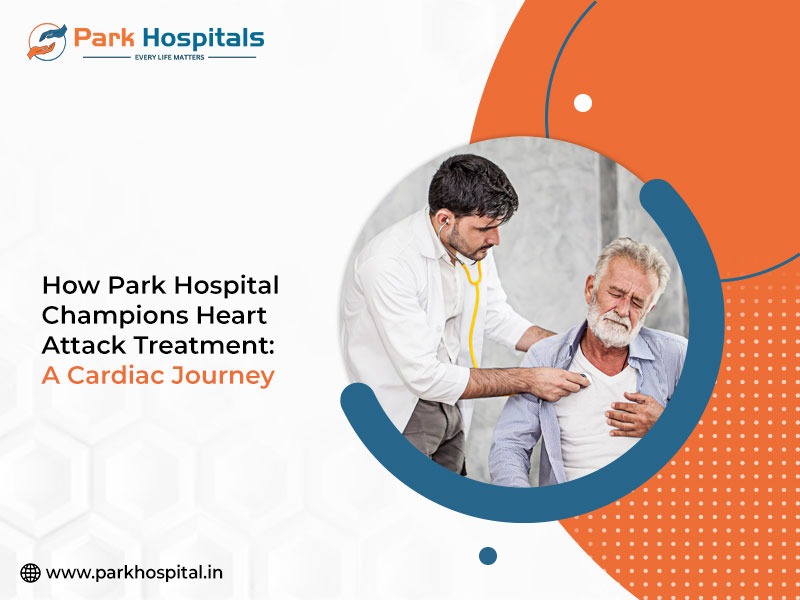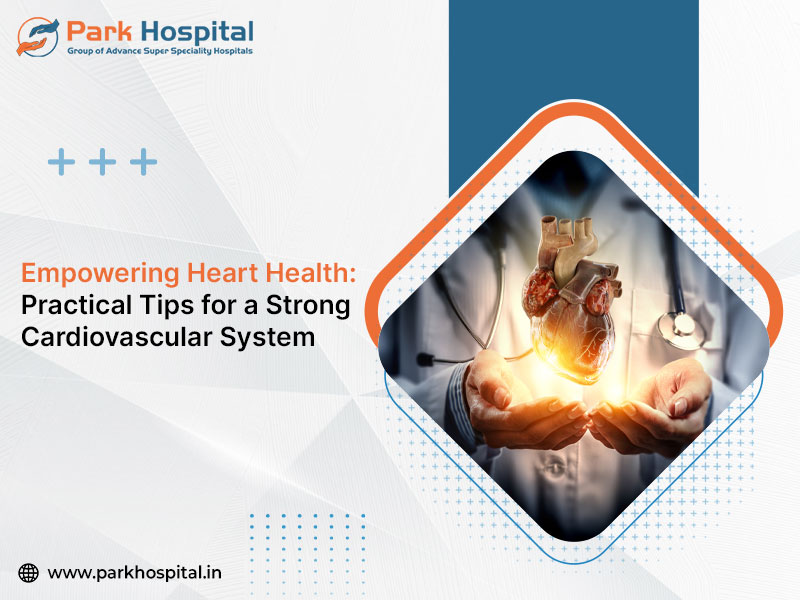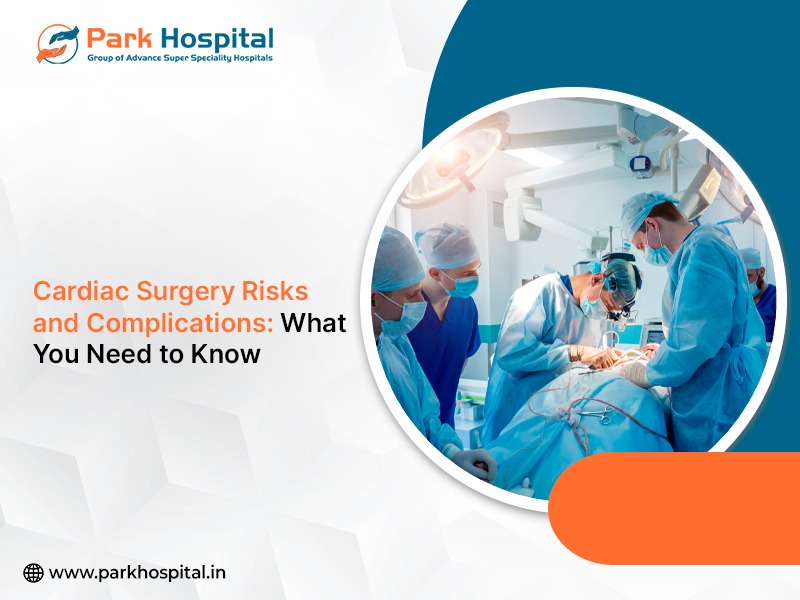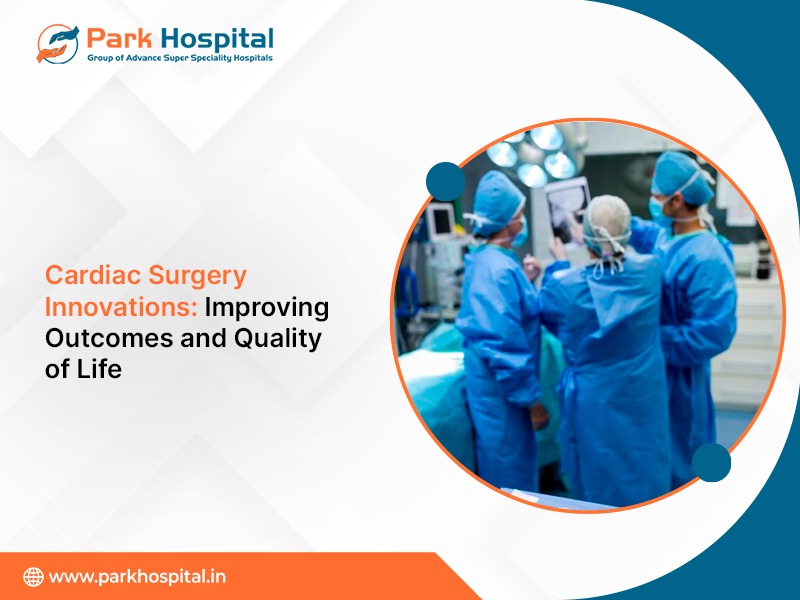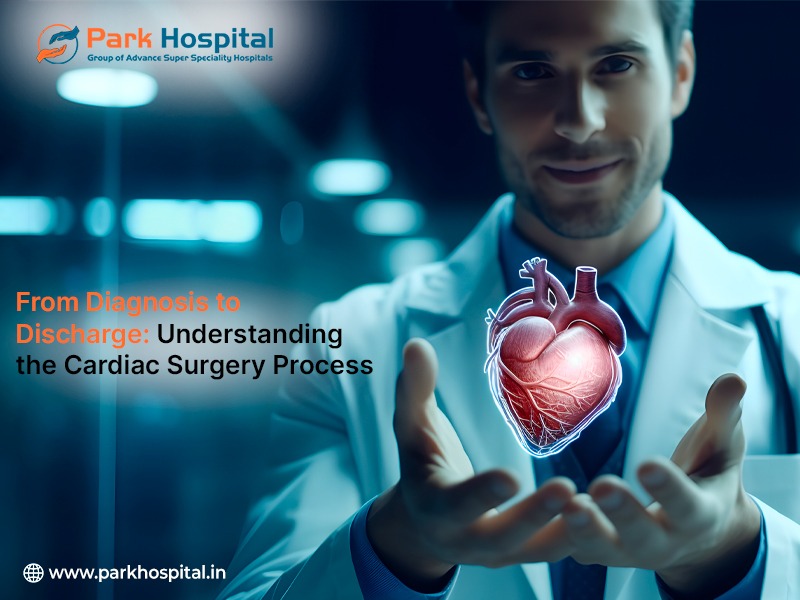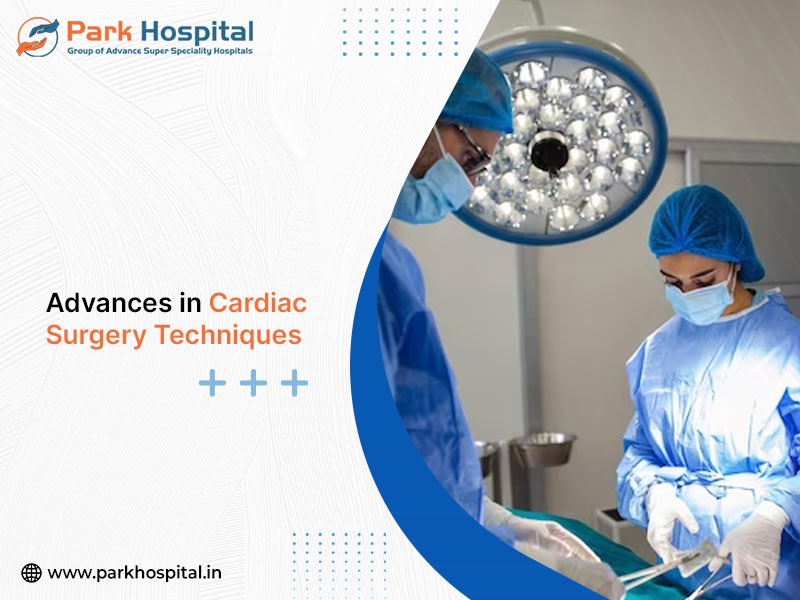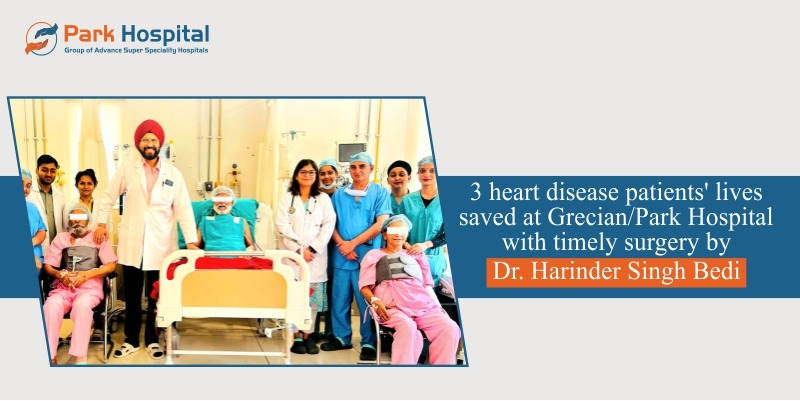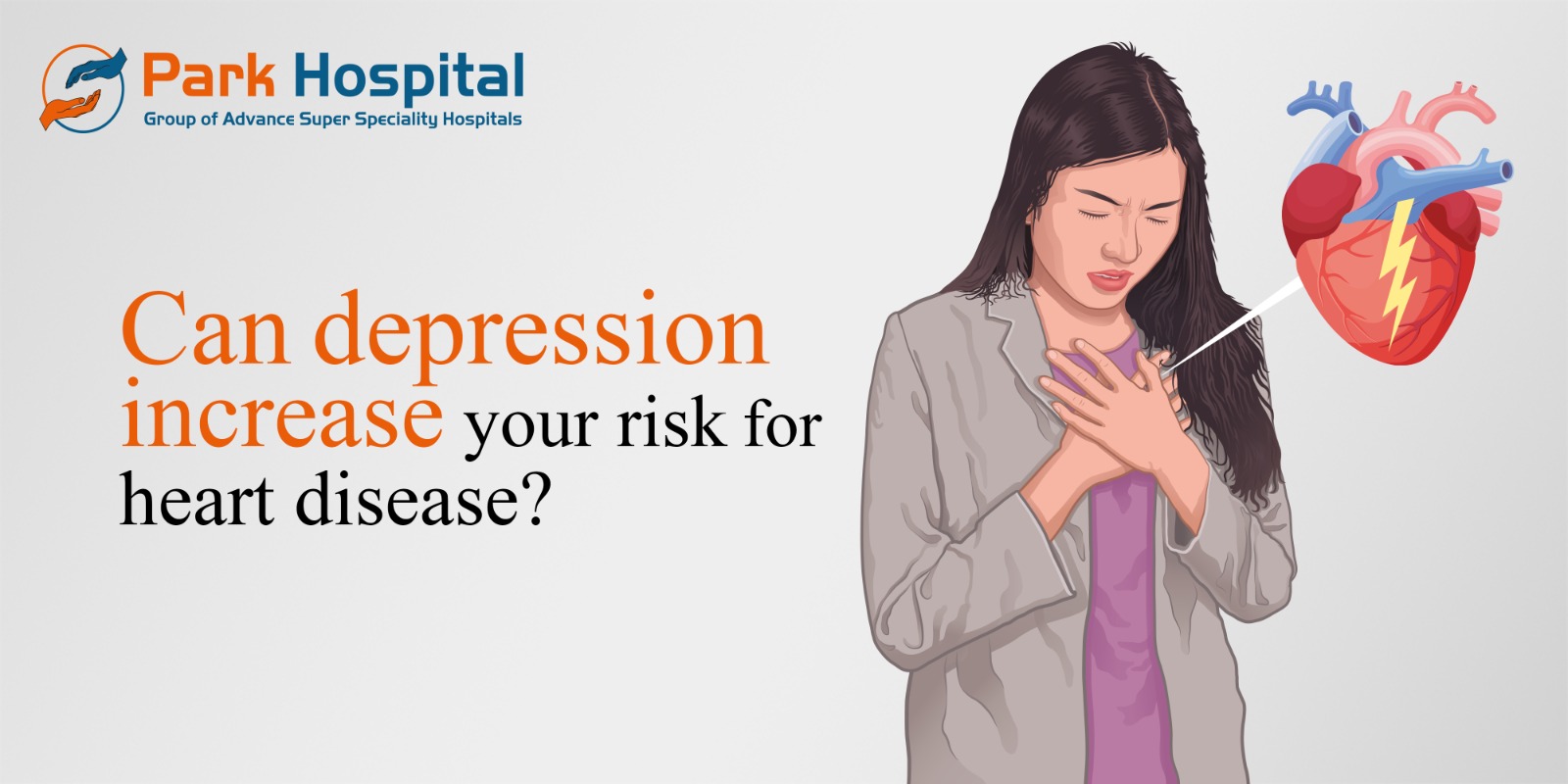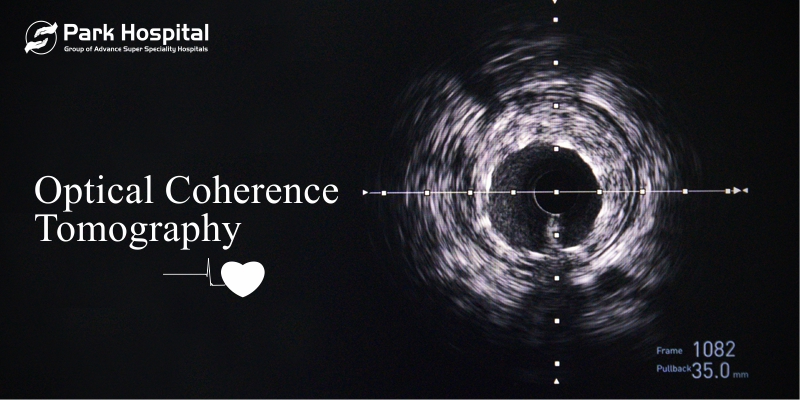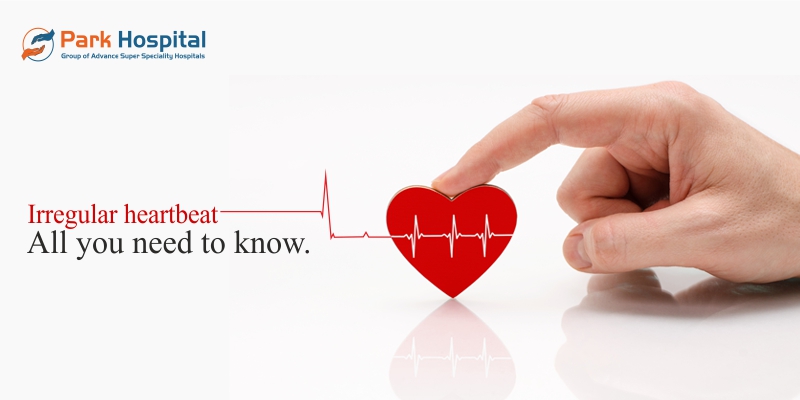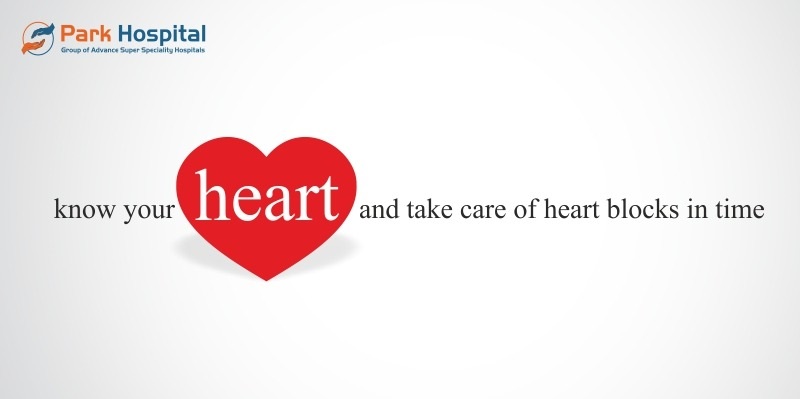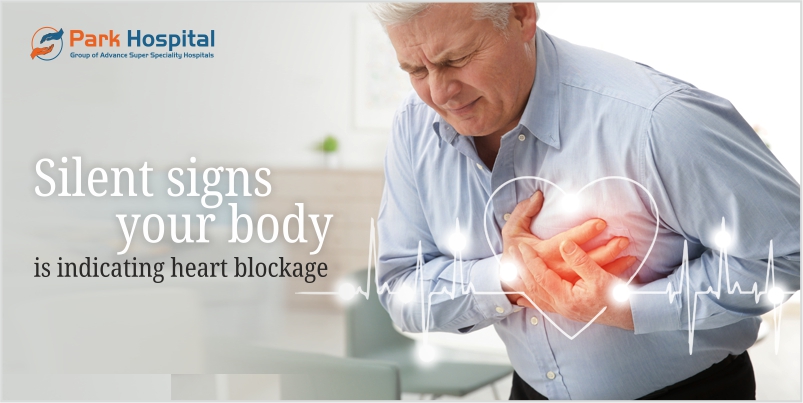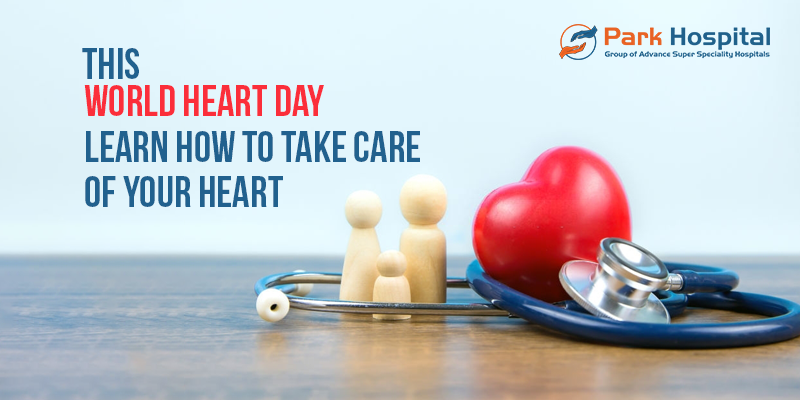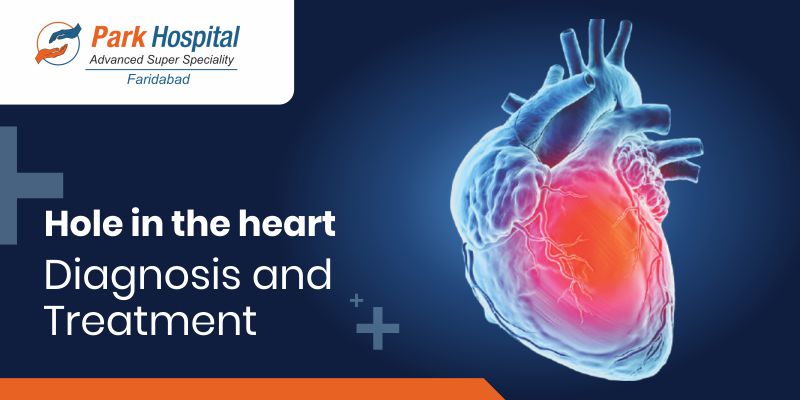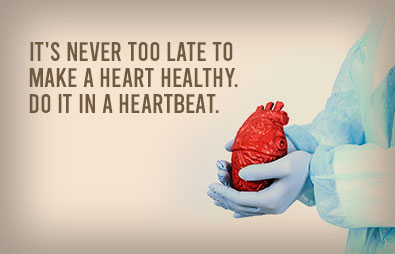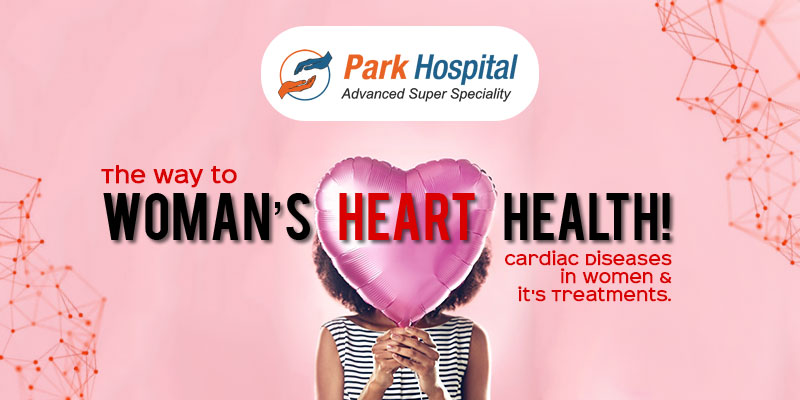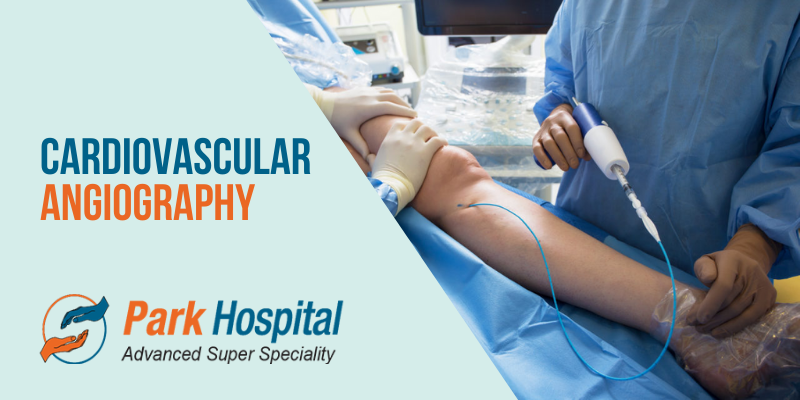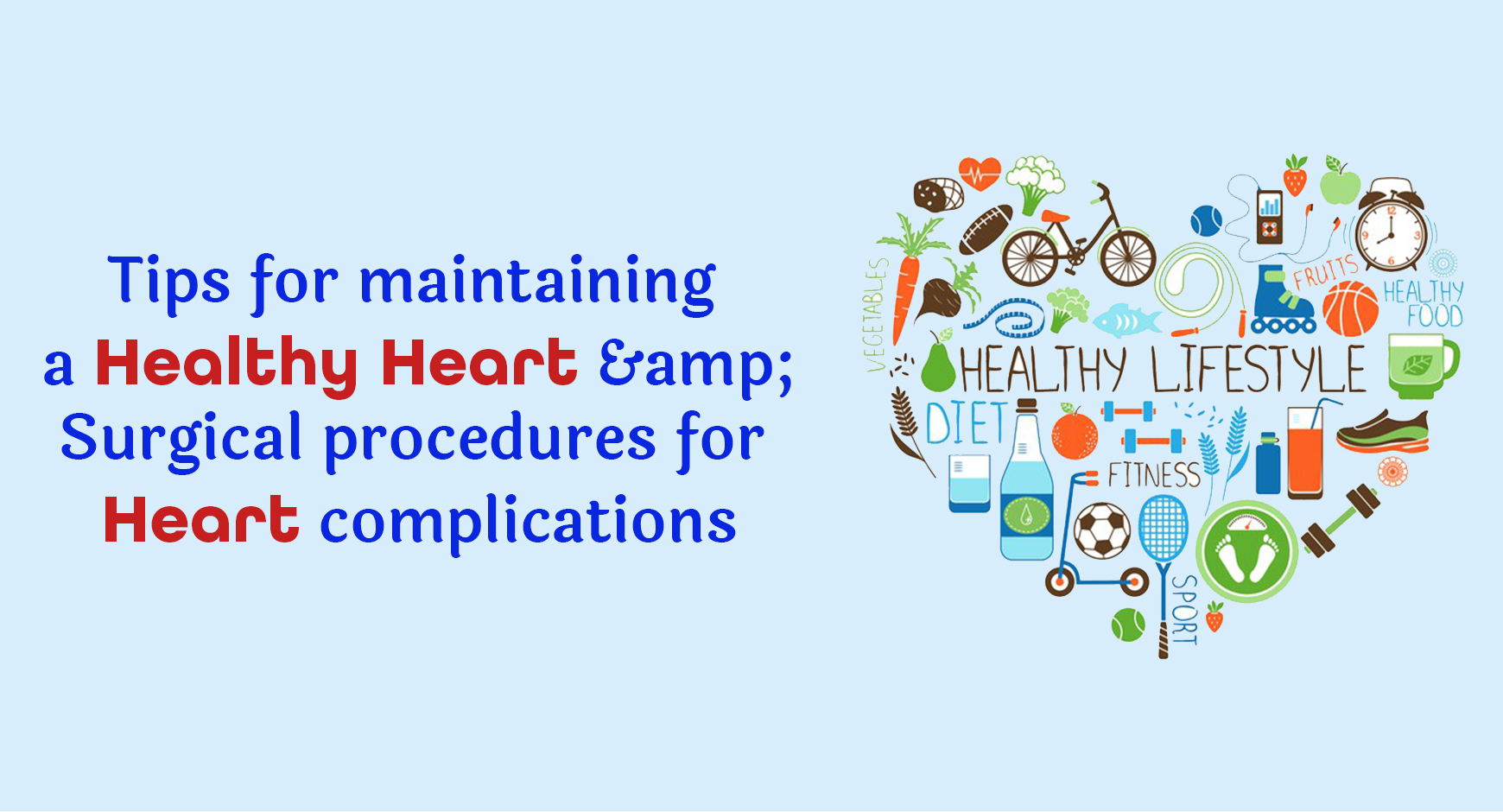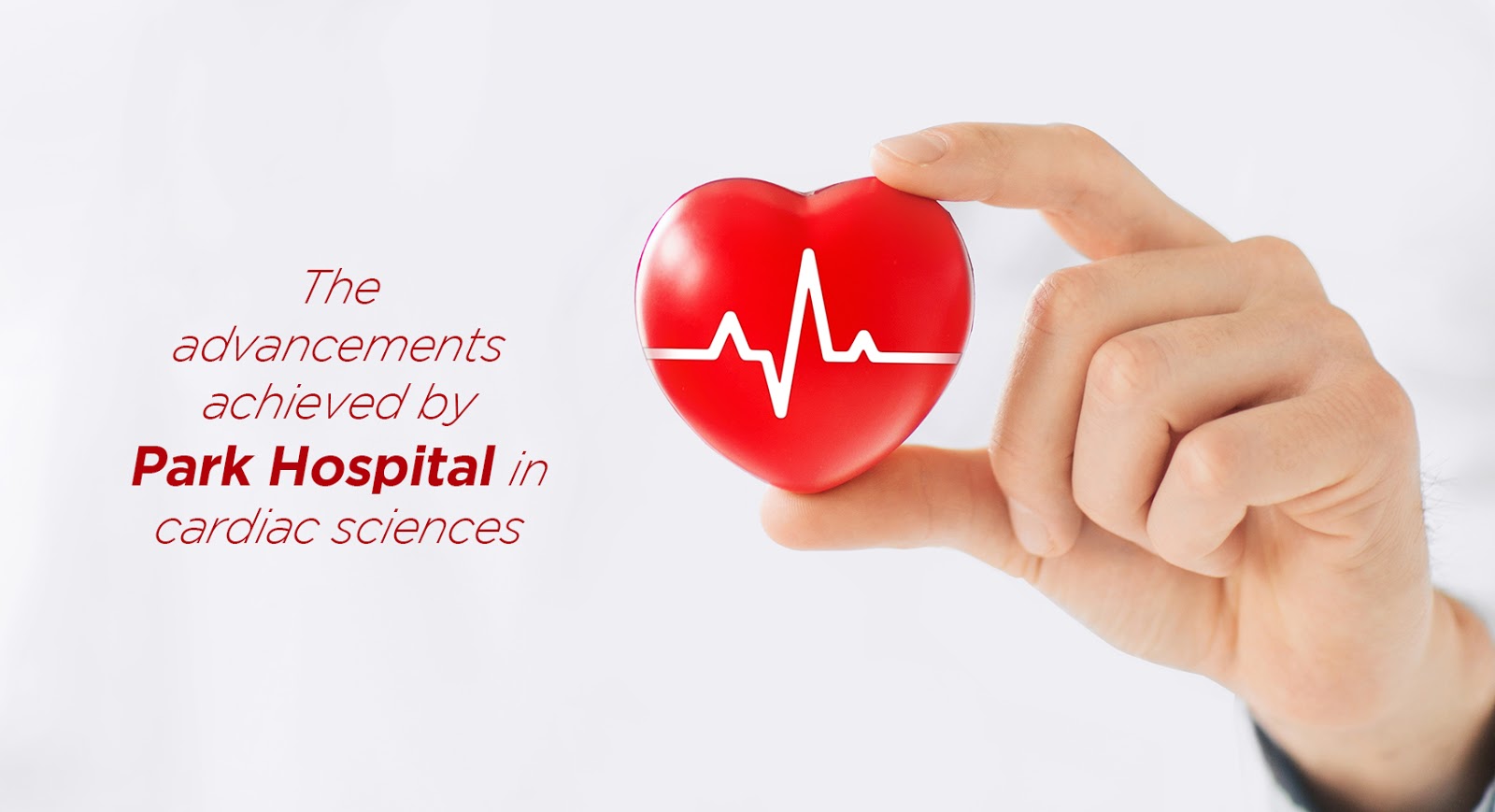An arrhythmia, also known as dysrhythmia is an irregular or abnormal heartbeat. It may feel like the patient has skipped a heartbeat or added an extra beat, or is undergoing a fluttering or a racing sensation in the heart. Arrhythmia can be a sign of a more serious ailment.
Types of Arrhythmia
Arrhythmia happens when the electrical signals which control and coordinate the heartbeat do not function properly. This can lead the heart to beat too fast (tachycardia) or too slow (bradycardia). Tachycardia can elevate the heart rate to more than 100 beats per minute while bradycardia can slow it down to less than 60 beats per minute.
Symptoms
Sometimes arrhythmia is silent and exhibits no symptoms, meaning it can only be found out while having a heart exam. Meanwhile, some of the common symptoms of arrhythmia are:-
- Palpitations (a feeling of skipped heartbeats, fluttering, or flip-flops)
- Pounding in your chest
- Dizziness or Fainting
- Shortness of breath
- Chest pain or tightness
- Weakness or fatigue
- Anxiety
- Blurry vision
- Too much sweating
- Idiopathic (Unknown)
Arrhythmia can be an outcome of various causes. Sometimes, it is a side effect or symptom of a larger ailment like heart disease. At times it can happen with a healthy heart due to unexplained problems with electric signals to your heart.
Some of the underlying causes of Arrhythmia are:-
- Imbalance of electrolytes (such as sodium or potassium) in your blood
- Heart injury or issues such as reduced blood flow or stiff heart tissue
- Recuperation after heart surgery
- Infection or fever
- Certain medications like asthma medicine
- Stress, anxiety, or shock
- Lifestyle habits like alcohol, tobacco, caffeine, or exercise
The risk factor for Arrhythmia goes up with age and ailments like coronary disease, diabetes, obesity, low blood sugar, etc. Like heart disease this condition can also be genetic. Alcohol abuse, smoking, or even breathing in polluted air can increase the risk considerably.
Diagnosis and Treatment of Arrhythmia
Arrhythmia can be diagnosed via a simple heart exam. Some of the other methods for diagnosis of Arrhythmia are:-
- ECG (Electrocardiogram) which records the heart activity
- Various Stress tests like running on a treadmill or doing exercises which can help monitor heart activity and functioning of the electrical signals responsible for it
- 2D Echo
- By inserting a catheter into the heart to determine the cause for Arrhythmia by making x-ray images and videos
- Electrophysiology study tracks your hearts electric activities and irregularities related to it
- Sometimes the doctors may suggest portable heart monitors like Holter monitors or implantable loop recorders to be worn for a period of time to effectively track the hearts activity over a number of days to determine the exact nature of Arrhythmia and what danger it poses to your body
The treatment for arrhythmia depends on its type or severity. You may be prescribed medications to maintain the balance of electrolytes in the body.
The doctors might go for a more physiological approach called Vagal maneuvers which trigger your body to relax by affecting your vagus nerve, which helps control your heart rate. These maneuvers include:
- Cough or gag
- Hold your breath and bear down (Valsalva maneuver)
- Lie down
- Put a cold, wet towel over your face
Some of the other treatments for arrhythmia are:
- Cardioversion (sending an electrical shock to the heart to kick-start its natural rhythm)
- Pacemakers and Implantable cardioverter defibrillators
- Heart Surgery
- DMGS (Calcium Channel Blocker, Beta Blocker, etc. ) to control arrhythmia
Arrhythmia if left unchecked can cause complications like Heart failure, stroke, Alzheimers or dementia, etc. Those with heart palpitations are also prone to faint behind the wheels while driving and it can result in a catastrophe. There is not much one can do to prevent arrhythmia other than leading a healthy lifestyle with a good diet and healthy habits. One must strive to keep their weight and stress in check to not burden the heart.
If you are having the symptoms of Arrhythmia, please visit Healing Touch hospital in Ambala. Healing Touch hospital has one of the best facilities for interventional cardiology in Ambala.

